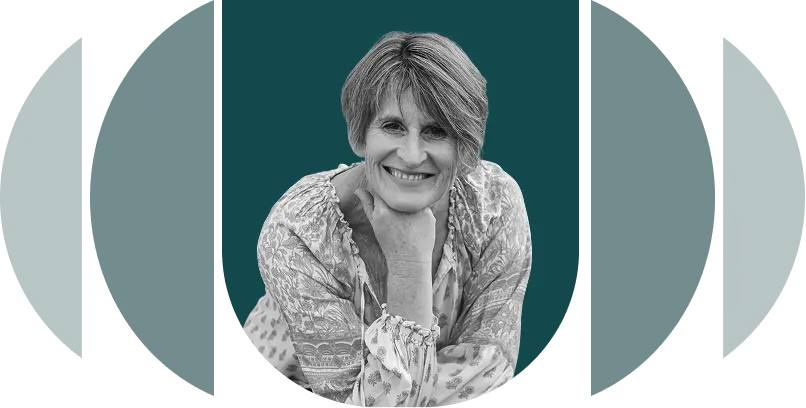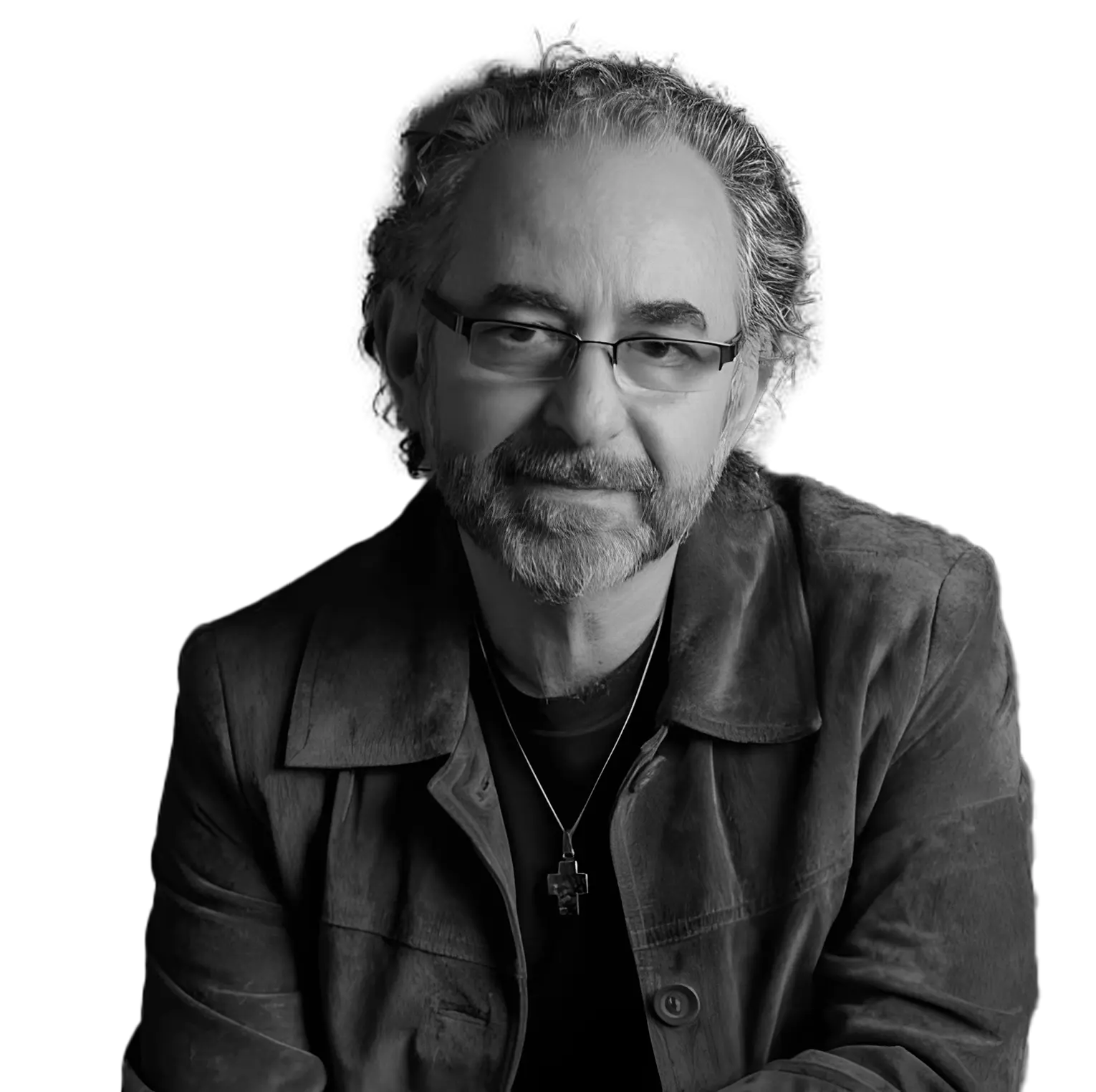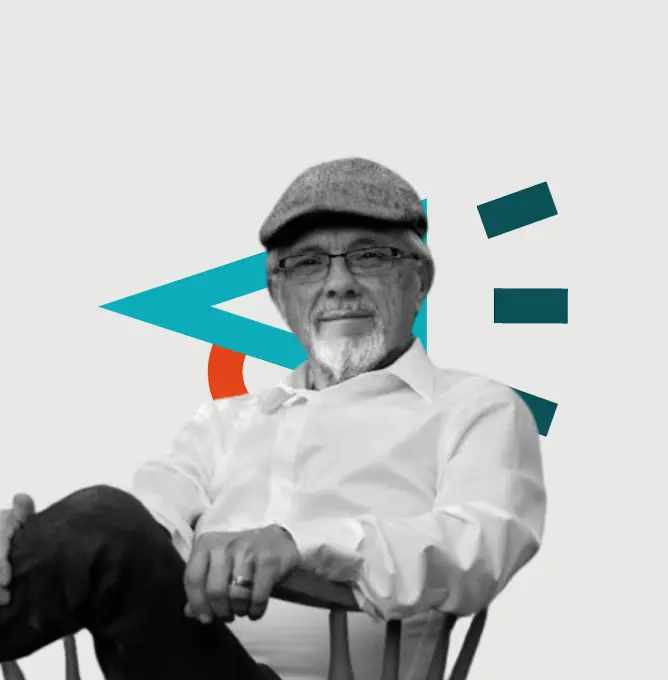“So Christ himself gave
the apostles, the prophets,
the evangelists, the shepherds, and teachers,
to equip His people for works of service,
so the body of Christ may be built up.”
Eph 4:11-12
Jesus was the sent one.
They see the big picture and extend the Gospel to the ends of the earth.
They spark momentum, mobilize leaders, and catalyze movements.
They preserve the vision, steward the mission and serve the Church,
just as He did.
When you know yourself as a disciple and recognize the gifts of others, you become a multiplying disciple:
one who leads fruitfully, cultivates healthy community, and advances God's mission.
Understand who you are and how you're wired, to be more Christlike and live out your true calling
Align your calling and your purpose so that The Great Commission becomes real & relevant
Understand your gifting to shift from just consuming to contributing toward the mission of God
Maximize your mission by discovering yourself, so that you can do what you were called to do at your church
Aligning your calling and purpose reveals how equipped and effective you are in living it out
Understand your colleagues better when you know their APEST callings so that you can collaborate effectively
Accelerate the mission by helping your team understand themselves and their colleagues really well
Help your team discover themselves and their calling, to do what they were really called to do
Help your team understand their colleagues better by knowing their APEST scores and calling
.webp)

— Sharon O'Neill
Community Engagement Pastor
Launceston, Tasmania, Australia
“5Q has helped transform our board meetings and our teams. We can now recognize one another's gifts and understand why each person says what they do. We also know which voice to seek out when it's missing.”
— Sharon O'Neill
Community Engagement Pastor
Launceston, Tasmania, Australia

“The fivefold ministry is the way
Jesus is present in the Church,
and the way He extends His own ministry through us.”

“Exploring APEST helped me see my Apostolic gifting more clearly and lead with greater purpose. It's changed how we build teams and equip others for mission.”
Miriam Swanson
National Director
Fusion USA

“This assessment is worth taking. Designed by trusted leaders with decades of experience, it's the right first step toward clarity and confidence.”
OlaDele Okuwobi
Senior Pastor
21st Century Church, Cincinnati, Ohio

“My results surprised me. I discovered all five gifts were alive in me, helping me value and grow in the ones I'm less dominant in.”
Pastor Stephen Knoll
Heart of the City Church
Coeur d'Alene, Idaho

“Understanding my Shepherding gift showed me that caring for others isn't secondary. It's vital for strengthening unity in our team, ministry, and community.”
Brenna Varner
Albany, Oregon

“APEST and 5Q helped me become a more grounded leader and build a culture where Jesus is truly Lord over all five spaces.”
Nate Guelzow
Director of Ecosystem
Hendersonville, Tennessee
“I was introduced to APEST during a season where I didn't fit the mold. The fivefold pattern allowed for a clearer perspective that shapes my calling to equip the saints until we all reach maturity in Christ.”


— Gannon Sims
Senior Pastor & Lead Missionary
Cliff Temple Baptist Church, Dallas, Texas
— Gannon Sims
Senior Pastor & Lead Missionary
Cliff Temple Baptist Church, Dallas, Texas